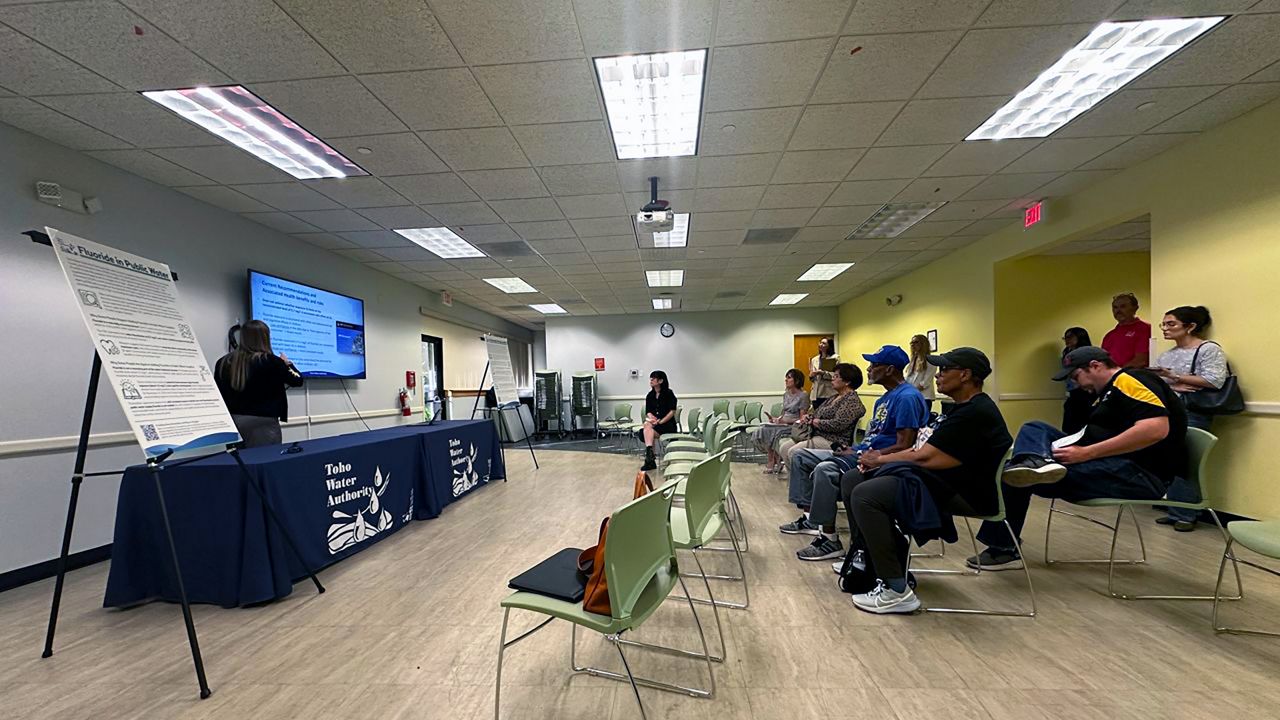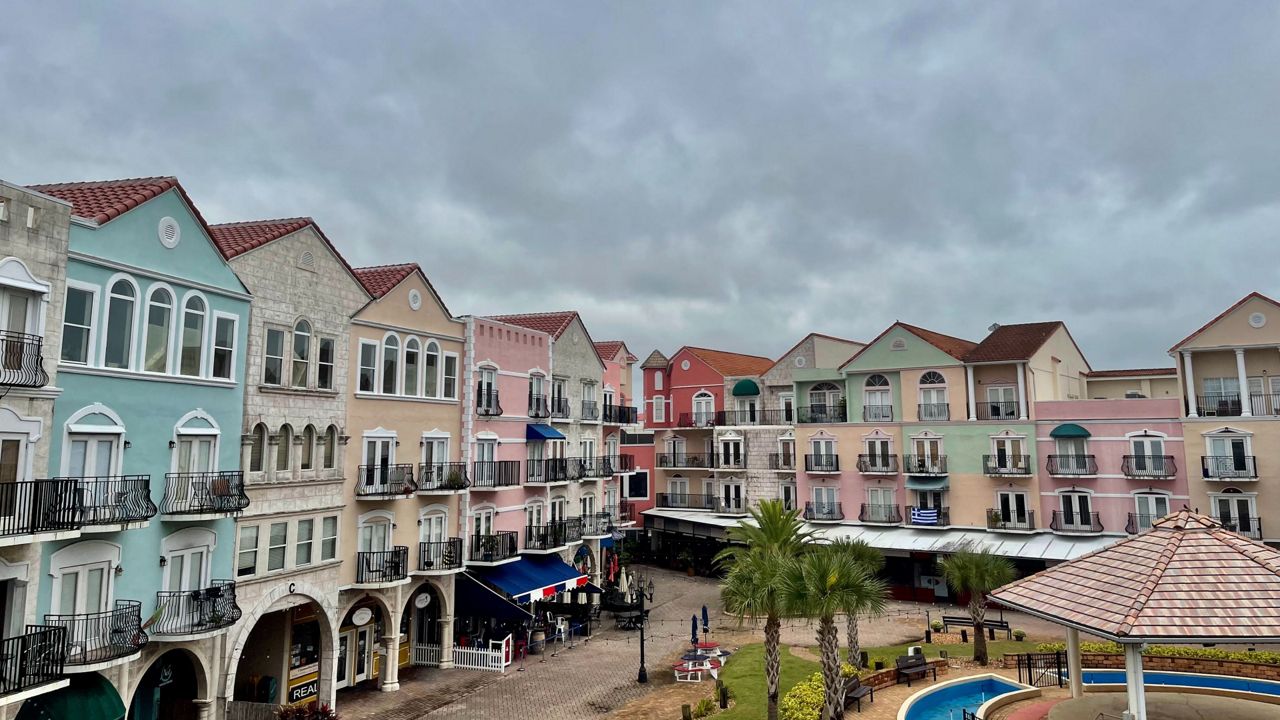GROVELAND, Fla. — Citrus greening is a disease which is infecting many Florida citrus groves. The disease is now affecting some citrus farmers economically, forcing them to pivot to a new crop or sell their land entirely to make up for lost money. One Groveland farmer is experimenting with olive groves.
From the kitchen to the farm, Chef Keith Keogh loves food.
“It’s not the chef, it’s the product we started with,” he said.
But some of those products are in major decline. Keogh also grows oranges. He sees the impact greening is having on the industry.
“It’s wiped out almost half of our orange production in Florida,” said Keogh.
With no cure, many farmers like Keogh are experimenting with other ways to make money in agriculture. One of his projects is olive groves.
“It takes four years after you plant the tree to start getting olives,” he said.
And all of that hard work is paying off.
“There’s a lot of trial and error,” Keogh said. “It’s a chef trying to be a farmer. So much more error than trial. But I think this year we’re going to see just how successful we are.”
Olives use the same soil as oranges. They don’t need irrigation like other crops. With olive groves growing in a similar environment, Keogh hopes more farmers can make the pivot if they’re fighting citrus greening.
“To have something to put in that land that’s a cash crop, that they can sustain their quality of life without having to sell it to a developer,” he said.
With the olive buds growing, Keogh’s crops look hopeful. But time will tell if Lake County becomes olive territory.









